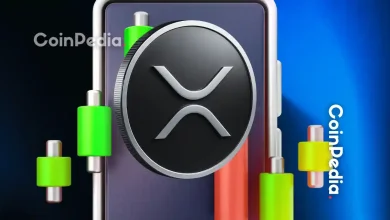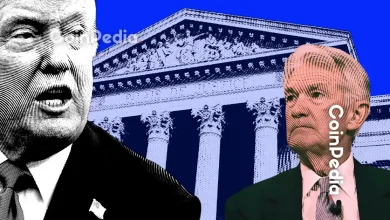
Central Bank of Nigeria denies freezing accounts of Bybit, KuCoin, OKX, and Binance users.
Regulatory environment for cryptocurrencies in Nigeria faces scrutiny amid shifting policies.
Nigerian government's crackdown on platforms like Binance adds to regulatory complexities and uncertainties.
Nigeria’s Central Bank (CBN) finds itself in a storm of controversy over reports suggesting it instructed banks to freeze accounts linked to cryptocurrency transactions. However, the CBN denies these claims, leaving many confused about the country’s stance on digital currencies.
Understanding the Debate
The Central Bank of Nigeria (CBN) found itself at the center of a controversial debate after reports surfaced alleging a directive to freeze bank accounts associated with cryptocurrency exchange Bybit, KuCoin, OKX, and Binance transactions.
The purported directive instructed banks and financial institutions to identify individuals or entities engaged in crypto transactions and place their accounts on a “Post No Debit” (PND) instruction for six months.
A “Post No Debit” instruction restricts certain transactions on a customer’s account, effectively preventing them from making withdrawals or payments. The directive, if true, would signal a significant escalation in the CBN’s stance on crypto-related activities.
Also Check Out: Crypto Regulation In Nigeria 2024
Confusion and Contradictions
The confusion deepened when the CBN initially denied issuing such a directive but later acknowledged the allegations as false. Despite the denial, concerns remain about the regulatory environment for cryptocurrencies in Nigeria, particularly regarding the CBN’s oversight and enforcement measures.
The lifting of the ban in 2023 marked a significant shift in Nigeria’s approach to cryptocurrencies, acknowledging the global demand and adoption of digital assets. However, concerns over the devaluation of the naira and inflation rates prompted renewed scrutiny of platforms offering crypto services.
Binance Under Scrutiny
Recently the Nigerian government’s crackdown on platforms offering cryptocurrency services underscores the complexities of regulating this emerging sector.
One such platform facing scrutiny is Binance, a leading cryptocurrency exchange, which encountered regulatory challenges in Nigeria. The CBN raised concerns about suspicious financial transactions on Binance Nigeria, alleging $26 billion in unidentified funds passed through the platform in 2023.
Binance’s executive, Tigran Gambaryan, faces charges related to money laundering, while another executive, Nadeem Anjarwalla, is sought for extradition.
One thing’s for sure: the future of cryptocurrency in Nigeria remains shrouded in uncertainty. Will regulations become clearer, or will the back-and-forth continue?







